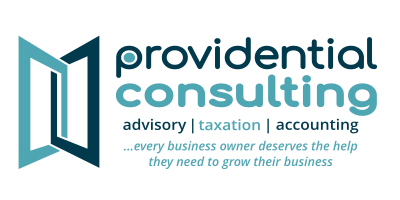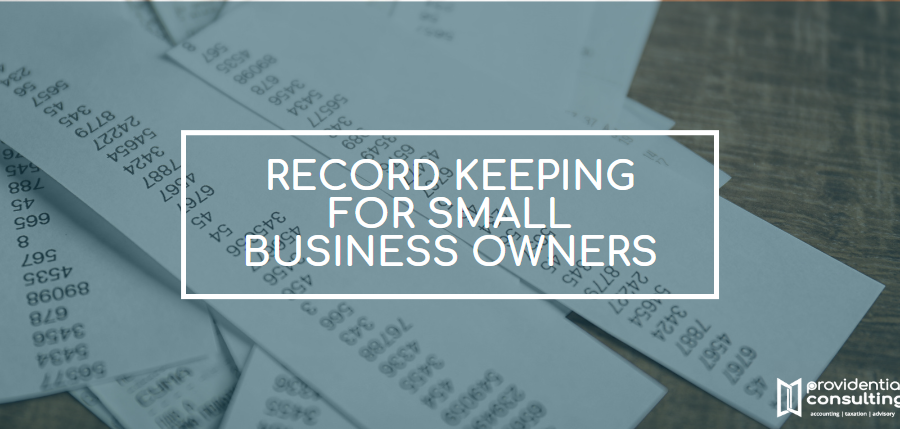Introduction
We have been assisting small businesses like yours for over a decade and we understand the challenges that small business owners face daily. From managing expenses to ensuring compliance with regulations, every decision you make has a direct impact on the health and growth of your business.
One crucial aspect that often gets overlooked is record keeping. While it may not be the most appealing part of running a business, maintaining accurate and up-to-date records is essential for your long-term success. In fact, it can make the difference between thriving and struggling in today’s competitive market.
As a trusted partner to numerous clients, we have witnessed firsthand the transformative power of effective record keeping. In this blog post, we will delve into the importance of record keeping for small businesses, exploring its numerous benefits, and providing practical insights to help you establish a solid foundation for financial stability.
So, whether you are a startup just beginning your entrepreneurial journey or a well-established small business seeking to enhance your financial practices, this guide is designed to equip you with the knowledge and tools necessary to excel in record keeping.
Let’s dive in and discover how meticulous record keeping can pave the way for your small business’s financial triumphs.
Why Record Keeping Matters
1. Ensuring Compliance and Legal Requirements
One of the primary reasons for meticulous record keeping is to ensure compliance with legal obligations. Small businesses must adhere to various laws and regulations, such as tax requirements, reporting obligations, and industry-specific compliance standards. Keeping accurate records allows you to demonstrate compliance and avoid penalties or legal issues down the line.
2. Facilitating Financial Decision-Making
Sound financial decision-making is vital for the success of any business. By maintaining detailed records of your income, expenses, and cash flow, you gain valuable insights into the financial health of your company. These records serve as a foundation for making informed decisions about budgeting, investment opportunities, and resource allocation.
3. Enhancing Cash Flow Management
Maintaining a healthy cash flow is crucial for the survival and growth of small businesses. Effective record keeping enables you to track incoming and outgoing funds, identify trends, and forecast future cash flow. With this information at your fingertips, you can make proactive adjustments to optimize cash flow, negotiate favorable terms with suppliers, and seize opportunities for growth.
The Benefits of Good Record Keeping
1. Minimizing Errors and Fraud
Accurate and detailed records act as a safeguard against errors and potential fraud within your business. By keeping a transparent trail of financial transactions, you can easily identify discrepancies, detect fraudulent activities, and take immediate action to rectify any issues. Thorough record keeping creates a culture of accountability and reduces the risk of financial mismanagement.
2. Streamlining Tax Compliance
Tax season can be overwhelming for small business owners. However, maintaining well-organized records simplifies the process of filing tax returns and ensures accurate reporting. Deductions, credits, and exemptions can be easily substantiated with proper documentation, reducing the likelihood of audits and penalties. Good record keeping ultimately saves you time, stress, and potential financial burdens associated with non-compliance.
3. Supporting Business Growth and Expansion
As your small business grows, so does the complexity of its financial operations. Detailed records provide a historical perspective on your company’s performance, allowing you to analyze trends, identify areas of improvement, and strategize for future growth. Accurate records are also valuable when seeking funding, securing loans, or attracting potential investors who require a clear understanding of your financial position.
Establishing Effective Record Keeping Practices
1. Choose the Right Tools and Systems
Invest in suitable record keeping tools and systems that align with the unique needs of your business. Whether it’s accounting software, cloud-based storage, or specialized record management solutions, leveraging technology can streamline the record keeping process, improve accuracy, and enhance accessibility.
2. Define and Document Record Keeping Procedures
Establish clear and documented procedures for maintaining records within your organization. Create guidelines on how to categorize, label, and store documents, ensuring consistency and ease of retrieval. By standardizing record keeping practices, you promote efficiency, minimize confusion, and facilitate seamless collaboration among team members.
3. Regularly Review and Update Records
Records should be consistently reviewed, updated, and reconciled to ensure their accuracy and relevance. Implement a periodic review schedule to assess the quality of your records, identify any gaps or inconsistencies, and address them promptly. Regular reviews also enable you to stay up-to-date with changing regulations and adjust your record keeping practices accordingly.
Conclusion
In conclusion, the importance of record keeping for small businesses cannot be overstated. From legal compliance and informed decision-making to cash flow management and growth opportunities, effective record keeping serves as the backbone of financial success.
By implementing the best practices outlined in this guide, you can establish a robust record keeping system that empowers your business to thrive in today’s competitive landscape. Embrace the power of accurate records and witness the transformative impact it can have on your small business’s journey toward long-term prosperity.
What To Do Next?
Are you ready to take control of your small business’s financial future? Start implementing these record keeping practices today and experience the benefits firsthand. If you have any questions or need further guidance, don’t hesitate to reach out to our team of experienced accountants. We are here to support you every step of the way on your path to success. You can contact us using the following channels:
- You can complete our online form and we will call you.
- You can book an appointment to engage further.



